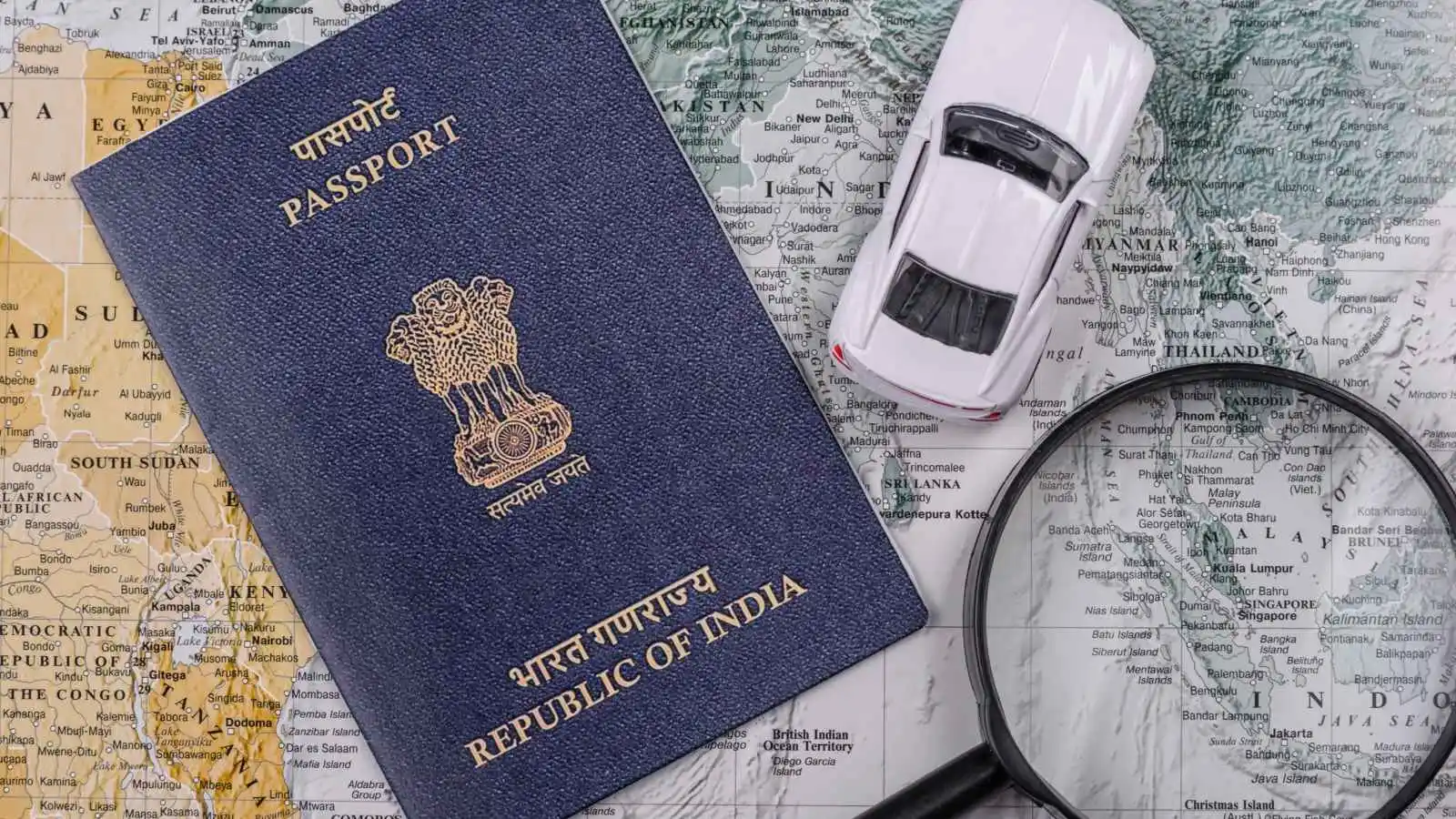Personal Finance News
Passport Seva 2.0: How to apply for e-Passport in India? Check eligibility, benefits and more
.png)
3 min read | Updated on September 22, 2025, 16:16 IST
SUMMARY
Starting June 2025, the centre has confirmed the nationwide rollout of the Passport Seva Program 2.0 (PSP 2.0), introducing e-Passports in India. It is not mandatory for current passport holders to replace their passports with an e-Passport.

The primary benefit of an e-Passport is that it comes with an enhanced ability to maintain the integrity of a passport holder’s data.
The Indian government, earlier this year, introduced e-Passports in the country, along with key advancements in the Ministry of External Affairs' Passport Seva Program 2.0 (PSP 2.0).
The PSP 2.0 brings major technological advancements as compared to earlier versions of the Indian Passport.
What is an e-Passport?
An e-Passport (ePassport) is a combined paper and electronic passport with a Radio Frequency Identification (RFID) Chip and an antenna embedded as an inlay of the passport, containing personal identification and biometric information of the passport holder. Biometric details include fingerprints and a digital photograph.
It will be visually identifiable as a small additional gold colour symbol printed below the front cover of the passport. This symbol will mark it as different from standard passports.
Benefits of an e-Passport
The primary benefit of an e-Passport is that it comes with an enhanced ability to maintain the integrity of a passport holder’s data, making it safer than a normal paper passport. It will have data in printed form in the booklet, along with digitally signed in the electronic chip.
This will ensure that the data can be securely authenticated by immigration officials globally, safeguarding the passport from forgery and other potential fraudulent activities like fake passports.
The technology used to support the security of the e-Passport is the Public Key Infrastructure (PKI) solution, which acts as the foundation for safeguarding sensitive information and maintaining the integrity (and origin) of the personal and biometric data stored on the chip.
Importantly, these e-Passports adhere to the International Civil Aviation Organization's (ICAO) requirements and are accepted across the globe.
Further, these passports are expected to enable quicker processing at airports, especially where automated e-gates are functional.
How to apply for an e-Passport?
To apply for an e-Passport, you can follow these steps:
- Go to the official Passport Seva portal.
- Make a new account or log in using your existing credentials.
- Fill out the e-Passport application form.
- Choose your nearest Passport Seva Kendra (PSK) or Post Office
- Passport Seva Kendra (POPSK).
- Pay the applicable e-passport fee
- Schedule an appointment
To apply for an e-Passport, you must be an Indian citizen. The eligibility criteria for the e-Passport remain the same as for the standard passport application. While applying, you will be required to submit proof of identity, address and date of birth, and you will also need to undergo biometric capture and verification in person.
Initially, the e-Passport launch only covered some Passport Seva Kendras in Chennai, Hyderabad, Bhubaneswar, Surat, Nagpur, Goa, Jammu, Shimla, Raipur, Amritsar, Jaipur, Ranchi and Delhi. Now, starting June 2025, the centre has confirmed the nationwide rollout of the PSP 2.0. However, all centres may not yet be fully functional to process e-Passport applications.
Is it mandatory for existing passport holders to upgrade to an e-Passport?
No, it is not mandatory for current passport holders to replace their passports with an e-Passport. “All Passports issued by Govt of India will continue to remain valid till their validity expiry date. As and when a respective Passport Office is technically enabled for issuance of ePassport, the citizens applying under that passport office will get the ePassport. The phase wise roll out of ePassport covering all Passport Offices across India may take a few months,” as per the official website of the Ministry of External Affairs.
By signing up you agree to Upstox’s Terms & Conditions
About The Author
Next Story


